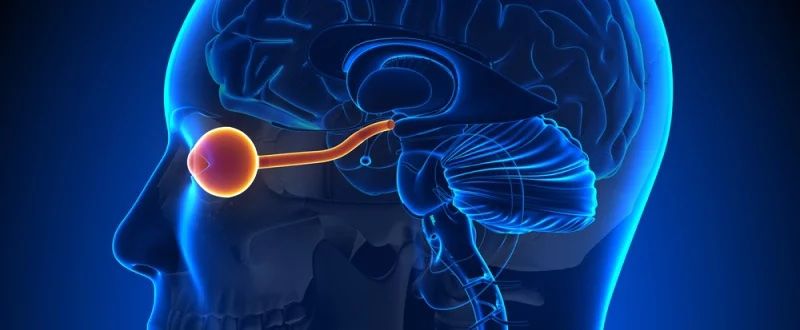
Neuro-Ophthalmology focuses on diagnosing and treating eye problems caused or related to the nervous system. Besides studying the eye structure, it’s also interested in the optic nerves, the brain, and its connection to our vision.
Some of the conditions that neuro-ophthalmology covers include optic nerve disorders like optic neuritis, strabismus, double vision, and any abnormal movements in the eye caused by nerve signal transmission.
If you suspect your vision problem may be related to a nerve-related cause, at EyesNY, we can help you with the proper diagnosis and treatment of your case. Do not hesitate to seek help, as this could be crucial in stopping the progression of your disease.
A neuro-ophthalmologist doctor has specialized training in conditions that affect the eyes due to brain and nervous system disorders. They perform specialized eye exams and procedures to help patients that need help beyond regular eye services.
Several vision problems may develop due to neuro-ophthalmologic causes. Some of these include:
Optic neuritis happens when the optic nerve, which transmits information from the eye to the brain, becomes swollen. Some common signs include mild to complete vision loss, discomfort when moving the eyes, and seeing flashing lights or blind spots.
Some neuro-ophthalmologic conditions like nerve palsies or brainstem lesions affect the nerves responsible for eye movements. The vision problems that may arise from these issues may range from the following options:
Double vision, or diplopia, is when you see two simultaneous images of a single object. The two images may appear side by side, on each other, or at an angle.
There are two main types of double vision or diplopia:
To diagnose a neuro-ophthalmologic condition, your doctor may ask about your family history of eye diseases. Knowing about your lifestyle and family can help determine if your eye issue is related to your case.
Some of the tests your eye doctor may perform include:
To stop or slow disease progression, your doctor may follow one or more of the following options:
To manage the involuntary movements that may be caused due to nerve disorders, your doctor may prescribe anti-inflammatory drugs like corticosteroids.
Using steroids for neuro-ophthalmologic conditions aims to reduce swelling and suppress any autoimmune disorder response that may be causing nerve disruption.
For diseases like strabismus or diplopia, your doctor may recommend performing a surgical procedure where the eye muscles causing the misalignment will be readjusted through a small incision made under general anesthesia.
Your eyes have a delicate structure that may become damaged due to environmental or lifestyle factors. To prevent vision conditions from developing, we recommend following the following tips:
EyesNY offers multiple treatment options to help patients slow or stop the progression of neuro-ophthalmologic conditions. Our specialized team of ophthalmologists is ready to assess your needs and give you the high-quality vision care you deserve.
We work with cutting-edge technology to identify the root cause of your condition and create personalized treatment plans. Our caring staff is ready to welcome you and meet your ocular health and vision needs. We offer comprehensive eye care services.
If you’d like a consultation or more information, contact us, schedule an appointment online, or visit our clinics. We have multiple locations around New York, including Malta, Clifton Park, Troy, Saratoga Springs, and Queensbury.
Malta
658 Malta Ave., Ste 101
Malta, NY 12020
Phone: (518) 580-0553
Saratoga Springs
414 Maple Ave Ste 200
Saratoga Springs, NY 12866
Phone: (518) 580-0553
Clifton Park
1712 U.S. 9
Clifton Park, NY 12065
Phone: (518) 580-0553
Queensbury
535 Bay Road
Queensbury, NY 12804
Phone: (518) 580-0553
Troy
2200 Burdett Street Ste 206
Troy, NY 12180
Phone: (518) 580-0553
